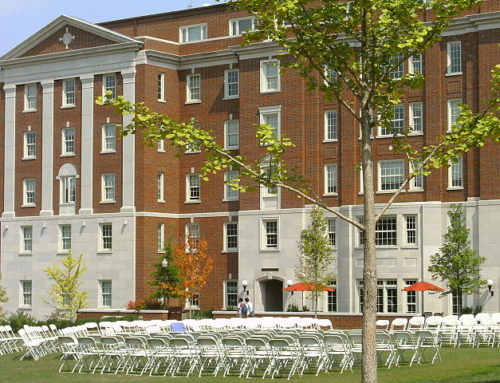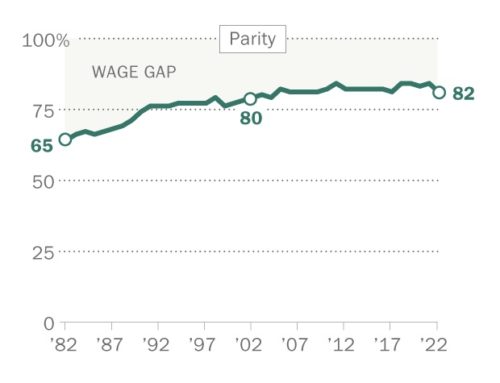Ken Auletta wrote a terrific book, “Googled: The End of the World as We Know It.”
Auletta combined his extensive knowledge of the media and technology industries to explain the mission of Google, the company’s philosophy and its inner workings. In the preface, Auletta provided a strong rationale for reading the book: “The World has been Googled. We do not search for information, we ‘Google’ it. Let your computer do the walking!”
Google has set in motion an intellectual revolution that spans the globe. It has pragmatically proven the thesis of New York Times columnist Tom Friedman, who wrote the book “The World Is Flat.” We now live in a global village in which we share knowledge and also compete. The world is indeed our oyster.
Auletta reinforced several themes:
the determination of Google’s founders to introduce ideas and operate their company in revolutionary ways.
its emphasis on engineering and the use of empirical methods to service its client base.
the challenges to old media, which both respected and feared Google. Martin Sorrell, the chief executive of the advertising giant WPP, described Google as a “frenemy,” a valuable ally and formidable competitor.
In 1998, Bill Gates, the co-founder of Microsoft, told Auletta his greatest fear was of a few guys in a garage starting a behemoth that would challenge his company. Gates was a modern day Cassandra. Auletta argued that the “Google wave has crashed into entire industries: advertising, newspapers, book publishing, television, telephones, movies, software or hardware makers.”
Google revolutionized the media world:
It does three billion daily searches.
It stores 24 quadrillion data bits.
It plans to digitize 20 million books.
Google founders Larry Page and Sergey Brin combined first-class technology with an emphasis on serving the consumer. Their challenge was to monetize their learning machine. Ultimately, they created a state-of-the-art method of attracting contextual advertising, making billions of dollars.
Last year, almost all of Google’s revenue came from search-related advertisements. Could this dependence become an Achilles heel?
Page and Brin required the guiding hand of other Silicon moguls to survive. The requisite skills of the community provided ongoing help in Google’s early stages. Eric Schmidt, the CEO, has rounded out the engineering culture of the founders. He proved to be a professional manager who developed the ancillary skills required of a modern corporation.
Google represents a frightening threat to traditional media. It charges less. And, unlike old media, which charges an upfront fee, Google’s clients only pay when a consumer clicks on an ad. No longer does a company have to guess the impact of its advertising expenditures. Instead, Google can provide specific information on the exact number of potential customers and their demographics.
Auletta felt that Google tries to live up to its motto, “Don’t be evil.” The company ceaselessly works to make the world’s knowledge relevant and free. Billions of people believe in Google and rarely question its motives.
Other people feel Google has become an evil empire:
It has suppressed free expression in China. Specifically, it acquiesced to Chinese government demands for censorship. Only last week, when hackers attacked its system and accessed the e-mail accounts of Chinese dissidents, did Google say it would stop censoring its search engine results in the country and it threatened to pull out of the country altogether.
Google might have infringed on copyright law by failing to fairly compensate news organizations whose work it repackages on its own site and authors whose works it is scanning.
Google cannot forever earn momentous profits without sharing its proceeds with those who created its content. Over time, these issues will be addressed either by our legal system or through negotiated settlements.
Auletta speculated about Google’s future. Will it falter as Microsoft, Motorola and Xerox have? Will it run afoul of antitrust laws, either in the United States or Europe? Will it stay vibrant or will it stagnate as it grows older and more bureaucratic? How long before the next generation of computer geeks jump ahead of it?
Originally published in the Sarasota Herald-Tribune



